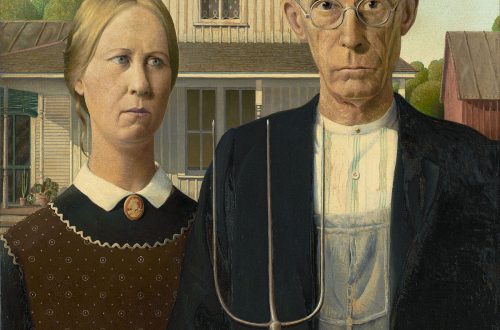Does the Color of the Dress Matter in Post-Racial America?
By Mary Vansuch
April 25, 2015
Every Friday night is ladies’ night, and last night I happened to give my bestie a call before we went out. I told her I was having issues picking out a dress, and her first reaction was, “Well, what color do you want it to be?” What color. She had the audacity to ask me about the color of my dress in post-racial America. Mortified, I hung up the phone, unable to process that my own best friend was insinuating that the color of the dress mattered in post-racial America.
The question she should have asked is which equally well-manufactured, sold, and qualified dress I wanted to wear, not what color that dress would be. Even if others tell me that a dress is really puke green, to me it looks the same as a dress that is pink. Because fashion is no longer racist, just like America. All dresses have the same quality, manufacturing, design, and prestige, irrespective of their color. All are worthy of being worn.
Yes, all dresses are the same, whether they be white, black, or purple. That is why I was even more horrified that, when I googled “dress color and the younger generation,” I came across a “viral phenomenon” centered around people trying to guess what color a dress is. Unfortunately, it seems my best friend is not just a racist outlier.Can’t a dress be judged by its style rather than the color of its fabric?
So if you’re anything like her, ladies, stop asking about the color of the dress. It’s prejudicial and insulting. Society has moved on, and you should, too. Dresses, like people, cannot be classified by their color, cannot be classified by “white and gold” or “black and blue.” Even if people believe the dress or the person is black and brown, in post racial-America, every dress and every person is really white and gold.



